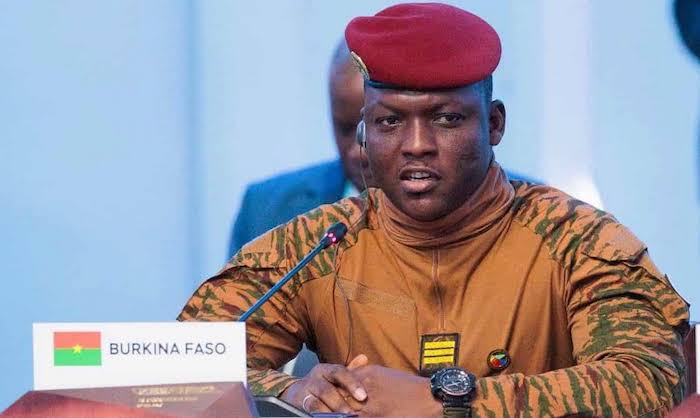Burkina Faso’s President Ibrahim Traoré has reportedly turned down an offer from Saudi Arabia to finance the construction of 200 mosques across the West African nation, sparking debate both at home and abroad.
President Traoré emphasized the need for investments that directly benefit the Burkinabè populace, urging the Saudi government to channel resources into critical sectors such as education, healthcare, and job creation. He highlighted that while mosques are integral to the nation’s cultural and religious fabric, there is a more pressing need for infrastructure that fosters socio-economic growth.
This stance aligns with Traoré’s broader vision for national development. Since assuming office, his administration has prioritized enhancing public infrastructure to ensure long-term sustainability. Key reforms have been introduced to improve project management and delivery, with the Ministry of Housing overseeing all phases of public construction from design and planning to execution while enforcing strict technical, environmental, and safety standards.
Beyond infrastructure, Traoré has launched initiatives to tackle housing shortages, particularly for internally displaced persons affected by security challenges. On July 12, 2024, he unveiled a project to build 1,000 social housing units, reinforcing his commitment to ensuring adequate housing for all Burkinabè by 2030.
In his push for economic self-sufficiency, the president has also rejected financial aid from the International Monetary Fund (IMF), advocating instead for the mobilization of domestic resources. His administration is focusing on agriculture, local industries, and sustainable development as pillars of economic resilience and growth.
President Traoré’s decision has garnered attention on social media platforms, with many praising his focus on pragmatic development. One user commented, “Burkina Faso’s President, Ibrahim Traoré, has made a bold move by declining Saudi Arabia’s offer to build 200 mosques in his country.”
This development underscores a growing trend among African leaders to assert greater autonomy in determining the nature of foreign assistance, ensuring that it aligns with their countries’ developmental agendas and the immediate needs of their citizens.





